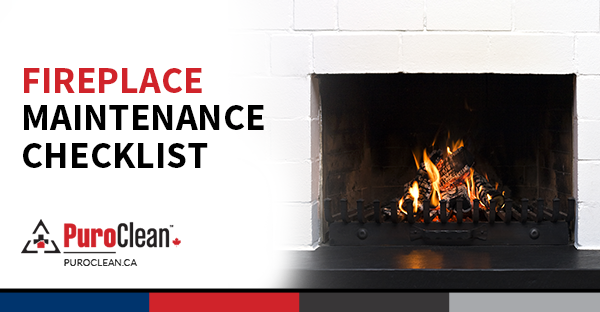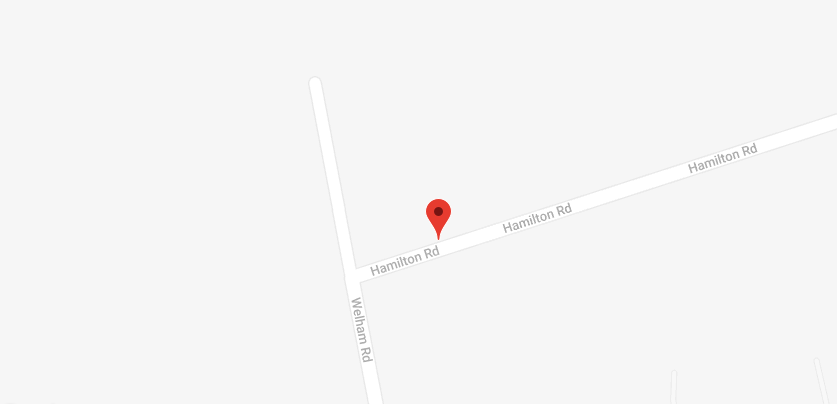Fireplace Maintenance Checklist
 Wood-burning fireplaces should be maintained regularly to function well during the cold season. Over time, soot and creosote accumulate in the chimney and it’s important to remove them often. These substances are a fire hazard and can hinder the efficiency of the fireplace.
Wood-burning fireplaces should be maintained regularly to function well during the cold season. Over time, soot and creosote accumulate in the chimney and it’s important to remove them often. These substances are a fire hazard and can hinder the efficiency of the fireplace.
The fireplace and chimney should be inspected and cleaned by a professional chimney sweep at least once a year. Here are additional tips to maintain a fireplace:
- The chimney damper should be checked for blockage caused by items such as leaves, twigs or even animals. If it’s blocked, a professional chimney sweep should be hired.
- The ashes, debris, and dirt should be removed from the fireplace before starting a fire. They present a fire threat and can impede airflow if neglected. Quick tip: 1.5 centimeters of ash should be left in the fireplace to make it easier to maintain the fire.
- The fireplace should be tested by burning a few small pieces of dry wood. The fire should be lighted from the top down. If smoke doesn’t exit vertically from the fireplace into the chimney, but enters the room, something like creosote or soot build-up might be blocking the chimney. It should be serviced as soon as possible.
- The best type of wood to burn are fire logs (composition logs) – they reduce indoor air pollution. Fire logs are also easier to ignite, burn longer, and are more efficient than firewood.
- When burning firewood, only clean, dry, and seasoned wood should be used to reduce the amount of hazardous smoke. Good firewood also keeps the fireplace cleaner. Burning pine and other resinous woods should be avoided because they leave more creosote in the flue.
- Firewood should be stored in a dry area. If it’s stored outside, it must be kept at least 30 centimeters above ground. The storage area must also be well-ventilated.
- To reduce toxic fumes and prevent flue clogging, the following materials should never be burned: rubber, garbage, plastic, particleboards, colored papers, etc.
- Heatproof glass doors should be placed in front of the fireplace to prevent live embers from popping out onto materials like carpeting.
A good way to check that a fire is burning correctly is to go outside and confirm the smoke is coming out of the chimney. If the smoke is dense and dark, the dampers or air inlets may need to be adjusted. Here are more fireplace safety tips. Those who use portable fireplaces should take a look at these safety tips for portable ethanol fireplaces. The PuroClean team stands ready to provide professional restoration services to any property affected by fire, water or mould damage.
Follow us on Twitter, Facebook, Google+ and LinkedIn to get our notifications!


